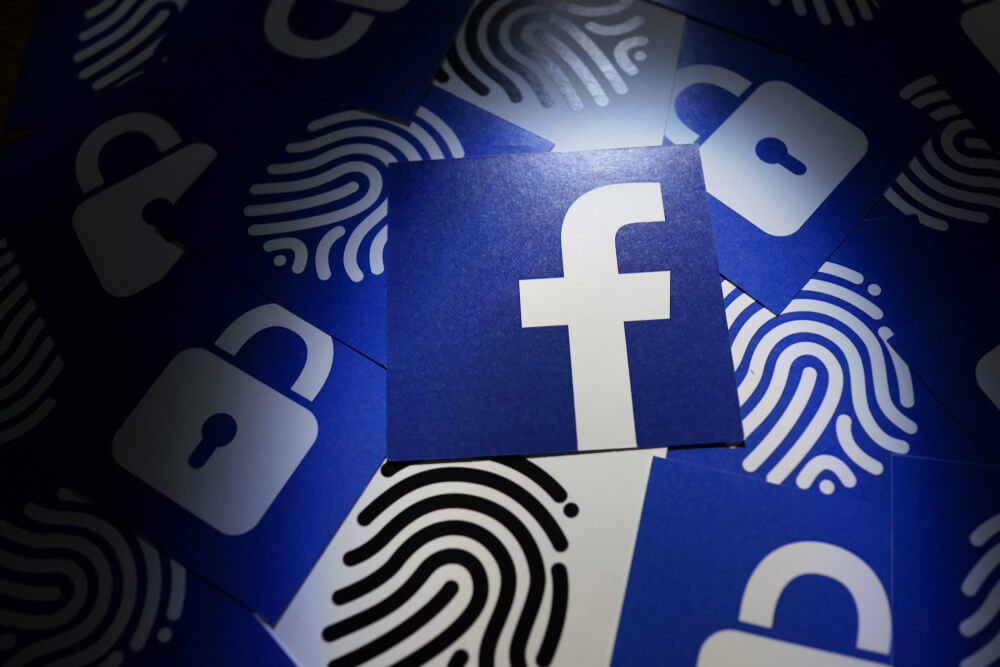New data suggests that Facebook is building its own form of crypto that customers can use on WhatsApp. While news of a potential Facebook-created digital asset has been meandering about the crypto space for months, this is the first mention of its WhatsApp spending capabilities.
The information first broke by way of Bloomberg, who at press time, is refusing to name its sources. The currency will likely allow customers to transfer funds through the messaging service in the form of remittance payments. The first country slated to test out the currency is likely to be India.
Giving the Crypto a Little More Stability
In addition, the currency will also be tied to the U.S. dollar, making it a stable coin. These kinds of currencies are built to alleviate some of the pressures and problems that come with investing in the crypto market, the biggest one being volatility. Digital payment currencies like bitcoin, for example, are known for their wild price swings that can occur at virtually any moment. Investors are just as likely to lose all their funds as they are to earn big gains.
Stable currencies are allegedly tied to varying forms of fiat, i.e. USD, the yen, the euro and others. Thus, each unit is equal to a single unit of the supporting fiat currency. In the case of Facebook’s new currency, each asset will be worth approximately one dollar.
In a prepared statement, the social media giant announced:
“Like many other companies, Facebook is exploring ways to leverage the power of blockchain technology. This new, small team is exploring many different applications. We don’t have anything further to share.”
The project is still in its early stages, though Facebook has been exploring the possibilities of blockchain for nearly a year. In 2014, the company hired former PayPal president David Marcus to run its new messenger app. Last May, he was put in charge of the company’s growing blockchain initiative – a division that now employs approximately 40 people at the time of writing.
Moving Back and Forth
However, Facebook’s history with cryptocurrencies and blockchain has been relatively mixed. Earlier in the year, for instance, the company followed in Google’s footsteps and decided to ban all future crypto and ICO-based advertisements, citing a lack of regulation and weak security measures as the primary reasons. This ultimately led other social media players, i.e. Twitter, to do the same.
The company later altered its position to allow certain kinds of crypto advertising, though at press time, ICO-related messages are still not permitted.
Would you use Facebook’s new cryptocurrency? Why or why not? Post your comments below.
Image courtesy of Shuttershock



